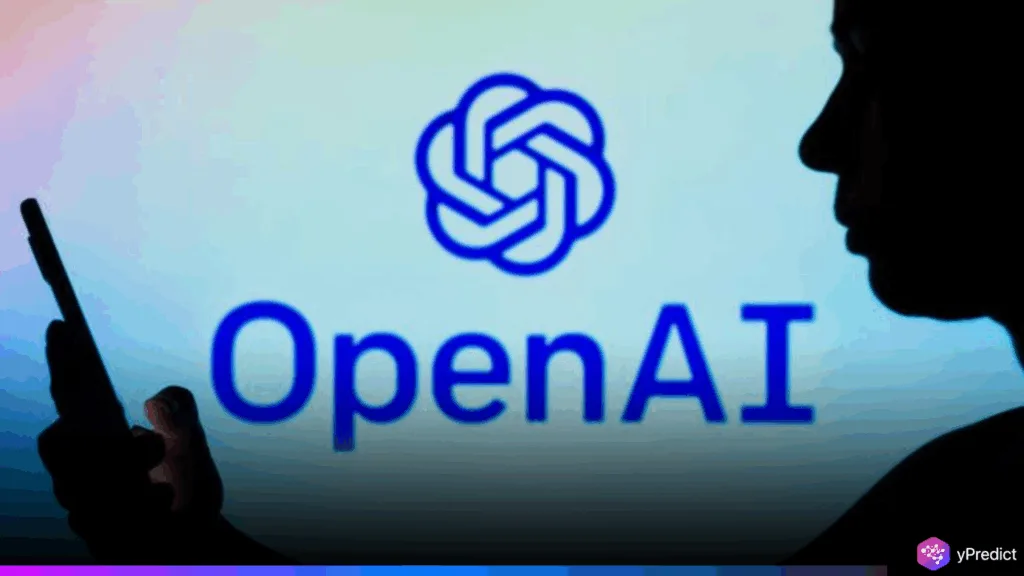
OpenAI has signed a $200 million contract with the U.S. Department of Defense, marking its most significant foray into military-focused artificial intelligence to date. The deal, confirmed by Pentagon officials on June 17, authorizes OpenAI to design and pilot advanced AI systems for strategic defense operations and inter-agency use. While the company insists the tools will exclude autonomous weapons, the OpenAI Defense contract has already reignited debate over ethical boundaries in AI deployment. The move signals a broader policy shift within OpenAI, and a deepening alignment between America’s top AI firms and the national security establishment.
From Civilian Innovation to Defense Infrastructure
OpenAI has entered a significant new chapter in its public sector engagement, securing a $200 million contract with the U.S. Department of Defense to develop cutting-edge artificial intelligence solutions tailored to national security and administrative operations. The Pentagon confirmed the agreement on Monday, outlining that the initiative will support both military and enterprise applications, with much of the work taking place in the Washington, D.C., area. The project is expected to conclude by July 2026.
The OpenAI Defense contract, announced on their official blog post, marks OpenAI’s first major undertaking through its newly formed division, OpenAI for Government, which aims to centralize and expand the company’s collaboration with U.S. government agencies. This pilot program aims to investigate how AI can enhance essential functions, including cybersecurity defense and healthcare access, for military personnel. The blog read,
Today, we’re launching OpenAI for Government, a new initiative focused on bringing our most advanced AI tools to public servants across the United States. We’re supporting the U.S. government’s efforts in adopting best-in-class technology and deploying these tools in service of the public good. Our goal is to unlock AI solutions that enhance the capabilities of government workers, help them cut down on the red tape and paperwork, and let them do more of what they come to work each day to do: serve the American people.
In its announcement, OpenAI highlighted that this new government-focused branch will oversee existing partnerships with agencies including NASA, the National Institutes of Health, the Treasury Department, and the Air Force Research Laboratory. One of its specialized tools, ChatGPT Gov, offers a secure AI platform specifically designed for public sector workers.
The company’s strategic shift toward defense and public service also includes its collaboration with Anduril Industries, a defense technology firm. Together, they are working on AI-powered counter-drone technologies, reinforcing OpenAI’s growing role in military innovation.
Strategic Growth and National Security Integration
Recent developments reflect OpenAI’s broader ambition to shape the ethical and democratic use of AI in high-stakes sectors. The organization has strengthened its leadership in this arena by appointing a former senior Pentagon official to oversee national security policy and naming the ex-director of the National Security Agency to its board.
Meanwhile, OpenAI’s commercial momentum continues to build. The company recently disclosed an annualized revenue run rate of $10 billion, buoyed by surging interest in generative AI. Earlier this year, it initiated plans to raise $40 billion in a funding round led by SoftBank, targeting a $300 billion valuation. As of March, OpenAI reported 500 million weekly active users.
Although the White House has implemented new guidelines to promote competition and responsible AI deployment in federal agencies, defense-related applications remain exempt. This latest Defense Department initiative underscores how OpenAI’s tools are increasingly seen as critical assets for the U.S. government’s evolving technological infrastructure.
Conclusion
OpenAI’s $200 million defense contract marks a defining moment in the evolving relationship between Silicon Valley and the U.S. military. As the company steps deeper into national security work, it faces growing pressure to balance innovation with transparency and ethical accountability. While the Pentagon sees AI as critical to modern defense, the broader implications of integrating commercial AI into military infrastructure will continue to shape both policy and public debate in the years ahead.






